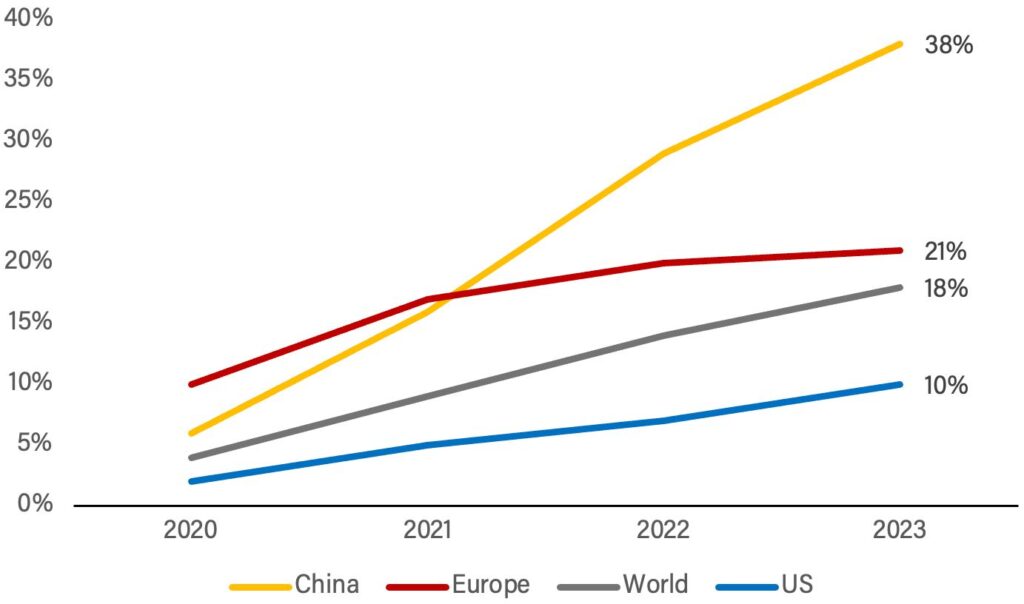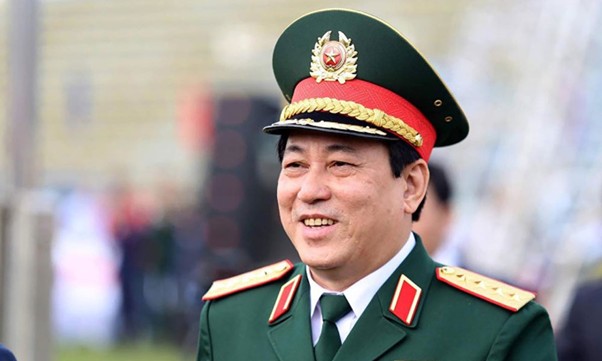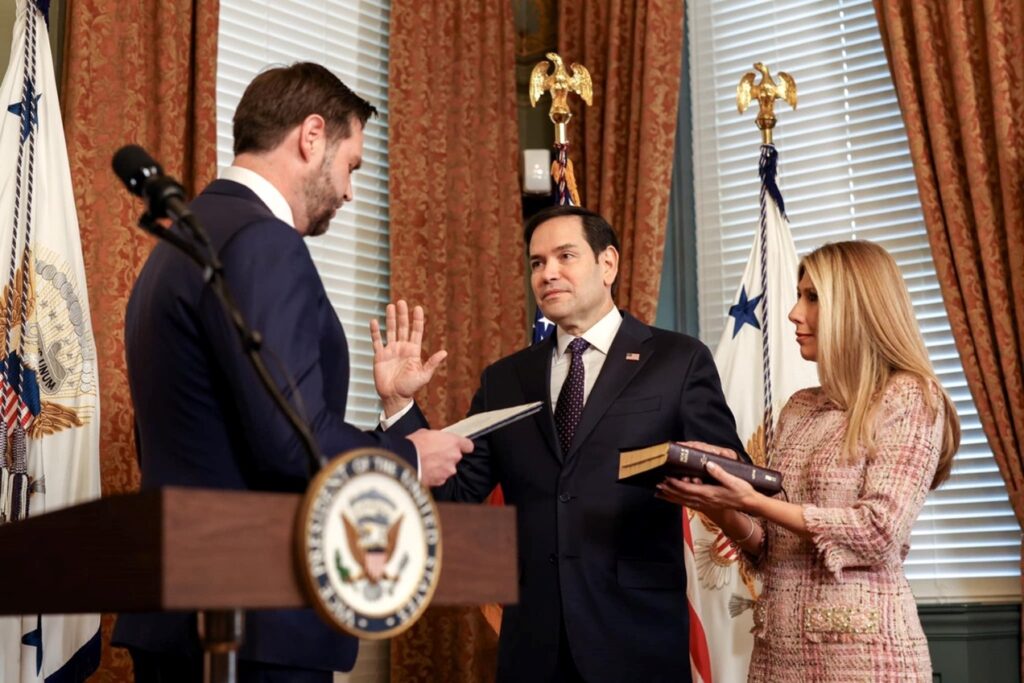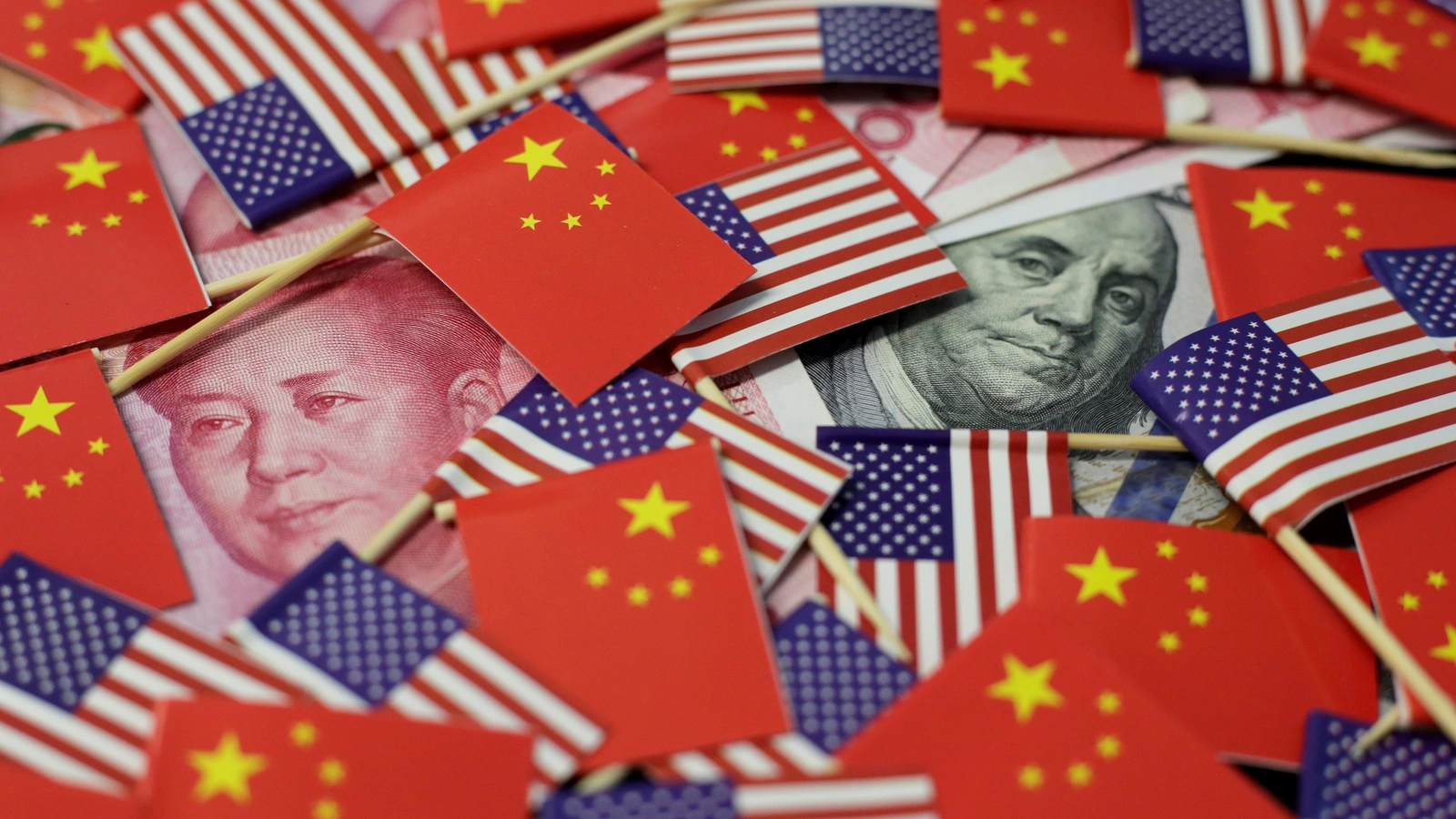Being dependent on an enemy to your way of life and an avowed rival for most of the goods you use and consume is not a sound, long-term industrial strategy. Donald Trump recognized that about China in his first campaign and most of the Western world now agrees with him. The defenestration of the US and European industrial base at the hands of the Chinese represents a tragic, flashing-red, potentially economically devastating risk for the West.
That risk is at its highest when it comes to strategically important, high-margin technological manufacturing, where the US has typically led the world and which has been a major driver of the innovation that has made the US labor force the most productive labor force in the world global economic dominance over the last half century. China is increasingly gaining on those sectors, and in areas like vehicle electronics they may actually be ahead already, as Ford’s CEO Jim Farley pointed out to the Wall Street Journal late last year.
Electric Vehicles Share of all Auto Sales

The growth of Vietnam as a major exporter to the United States is, in large part, being driven by Chinese companies who are simply replacing the hands that make them and the seal on the box from Chinese to Vietnamese, per The Economist. The long arm of the Chinese Communist Party (CCP) obviously extends to foreign operations of Chinese companies, regardless of what the press releases of the companies might say.
If the CCP asks Chinese companies to tamper with products or install malware in goods exported to the US so that they might be utilized in a bellicose encounter, they don’t ask kindly. Various Chinese companies have been increasingly doing that recently, per Reuters and NBC.
And if they refuse to comply with the government? Just ask Jack Ma (remember him?), who mysteriously disappeared and had his company Alibaba almost obliterated after ending on the wrong side of the CCP, per the BBC. And by the way, Vietnam is governed by the Communist Party of Vietnam, the same party the US fought so fiercely against not long ago.

It’s been 8 years since Trump first took office and the “Divest from China” movement started in earnest, but although there is bipartisan agreement on pushing back against China, they have not provided a viable alternative to importers and consumers. The lack of realism from politicians on both sides of the aisle is disconcerting. The truth of the matter is that garment factories that manufacture affordable clothes for blue collar families around the world are just not coming back to the US. Many other low-margin industries that manufacture commoditized industrial products aren’t coming back either, as Western labor is just too expensive.
The real question is why would you even want them to? They typically pay terrible wages given the paper-thin margins of the industry (as low as ~$130 per month in Bangladesh, per NPR), so it doesn’t even make financial sense for the US to even want them. Much better to focus and grow your industrial base to focus on higher value-add manufacturing, strategically important goods such as semi-conductors, technological gadgets or vehicles.
Nevertheless, that doesn’t mean the US and the Western world should let them keep them, as the profits they generate feed the increasingly active Chinese Red Army. The US needs another low-cost locale for factories that don’t make sense bringing back, and, importantly, that the US can actually keep the Chinese out from.
It must be a place where American companies, not Chinese ones, dominate. A place where the governments are either unwilling or unable to ever endanger or extort the national interest of the US. It has always seemed very strange to me all throughout the US-China row that the US has been so shortsighted that it hasn’t seen the solution right in front, or better said, below them: Latin America.

The U.S. should keep strategic, high margin manufacturing on-shore, and third-party the non-strategic, essential, low-margin goods manufacturing to countries in Latin America. Redirecting low-cost manufacturing from China to Latin America through a deepening economic relationship with the region would bring countless benefits to US national security. Latin Americans love America but love their countries even more. Given the obscene contrast in standard of living and the abject poverty many of them face in their beloved countries, they literally walk to the freedom offered by their 2nd favorite country in the world, the United States of America. But don’t be mistaken: They would rather stay in their countries.
Investment by US companies in the region could therefore kill 3 birds with 1 stone: Provide a realistic, near-shore, politically controllable alternative to China, offer a better alternative than illegal immigration to the impoverished masses of the region and prevent a major rival get insert themselves into Latin American political dynamics, as they have increasingly been trying to for over a decade, per the European Parliament. With strongly pro-American politicians such as Javier Milei and Nayib Bukele rising in the region, American companies would likely get a warm reception from supportive local governments.
I am by no means advocating for the US to do it out of the goodness of their heart. Grants, donations, humanitarian aid sometimes do more harm than good over the long-term. Please correct me, but I don’t remember a country that ever became a first-world country through decades of humanitarian aid. That money that hard-working, good-hearted American taxpayers send to impoverished countries typically ends in the Swiss Bank accounts of Latin American politicians, as Associated Press, Reuters and many others have reported and as any Latin American will tell you. Teach them how to fish, don’t just give them the fish. Trading more with Latin America would be a more than viable short-to-medium term alternative industrial destination for low-margin manufacturing sectors.
The geopolitical benefits of moving these operations from China to Latin America are high and the risks low. Latin Americans don’t aspire for their countries to replace the US as the pre-eminent world power; they just want to get out of the cycle of poverty. They are even culturally and religiously aligned, as the countries are traditionally Catholic and most have high-growing evangelical protestant movements, per the Economist. Therefore, economic growth wouldn’t feed extremist, anti-American theocratic governments, like it would in many regions of the world; quite the opposite.
Politically, while there hasn’t been a shortage of Latin socialist populists leaders in the 21st century, most now look at that experiment, led by Venezuela, as an embarrassing failure and tragedy and are throwing them out of power, or trying to, everywhere they can, as shown by the resounding victories of Milei, Bukele, and the (infamously stolen) victory of Gonzalez in Venezuela. Although it’s a conversation for another time, I would even trace the growth of those socialists to the lack of attention given by the U.S. to the region since the Clinton government until the appointment of Marco Rubio as U.S. Secretary of State.

Regardless, there may not have been a better time to take a second look at Latin America. The US government and American corporate donors could, and should, support American-aligned politicians and movements in the region to give a good blanket of protection to American companies arriving there. Not necessarily surreptitiously, openly would even be considered more sincere and help the candidates. Nevertheless, given the high geopolitical stakes and the need for rapid solutions, the US shouldn’t approach this with democracy-themed idealism, but rather with pragmatism.
When looking for pro-American politicians in the region, don’t go expecting to find people who are in love with the separation of powers and UN-sounding democratic resolutions. Find legitimately pro-American politicians that have, or can have, the political muscle that will provide stability and good terms to American companies and that will keep their country away from Chinese influence. More Bukeles, less Mauricio Macris. With Latin America, better to be Kissinger than Hillary Clinton. It’s in America’s interest.







